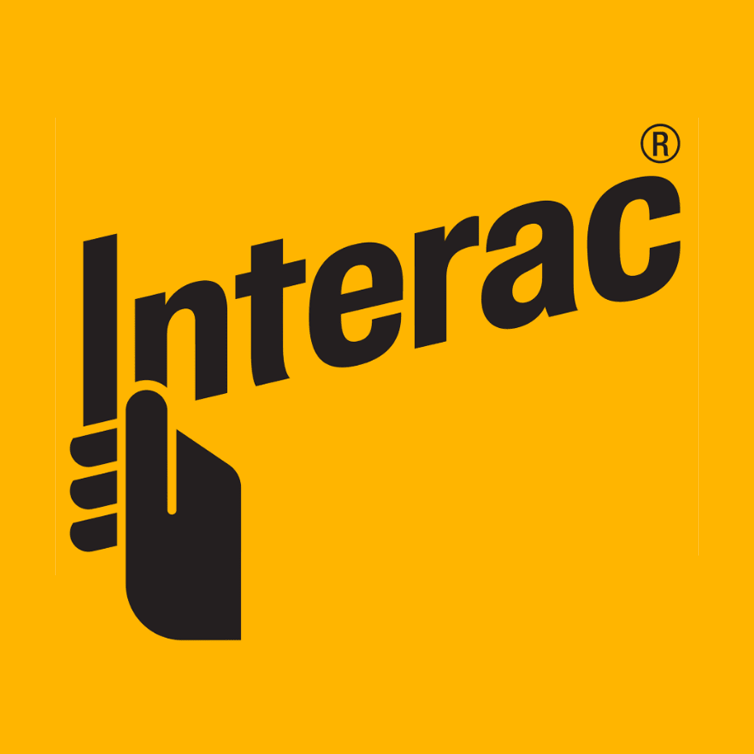Poker, eh? You must have heard of this classic card game that has been entertaining Canadians for ages. Poker is a popular online casino game that requires skill, strategy, and a little bit of luck. It's played with a standard deck of 52 cards and can be enjoyed in various formats such as Texas Hold'em, Omaha, Seven-Card Stud, and more.
The objective of the game is to have the best hand or to convince your opponents that you do. Each player receives a set number of cards (depending on the variation) and places bets based on their confidence in their hand's strength. Throughout the rounds, players can choose to fold (give up), call (match the previous bet), raise (increase the bet), or go all-in (bet all their chips). The excitement builds as each new card is revealed and players try to outwit one another with cunning strategies.

